SUMMARY
This is AI generated summarization, which may have errors. For context, always refer to the full article.
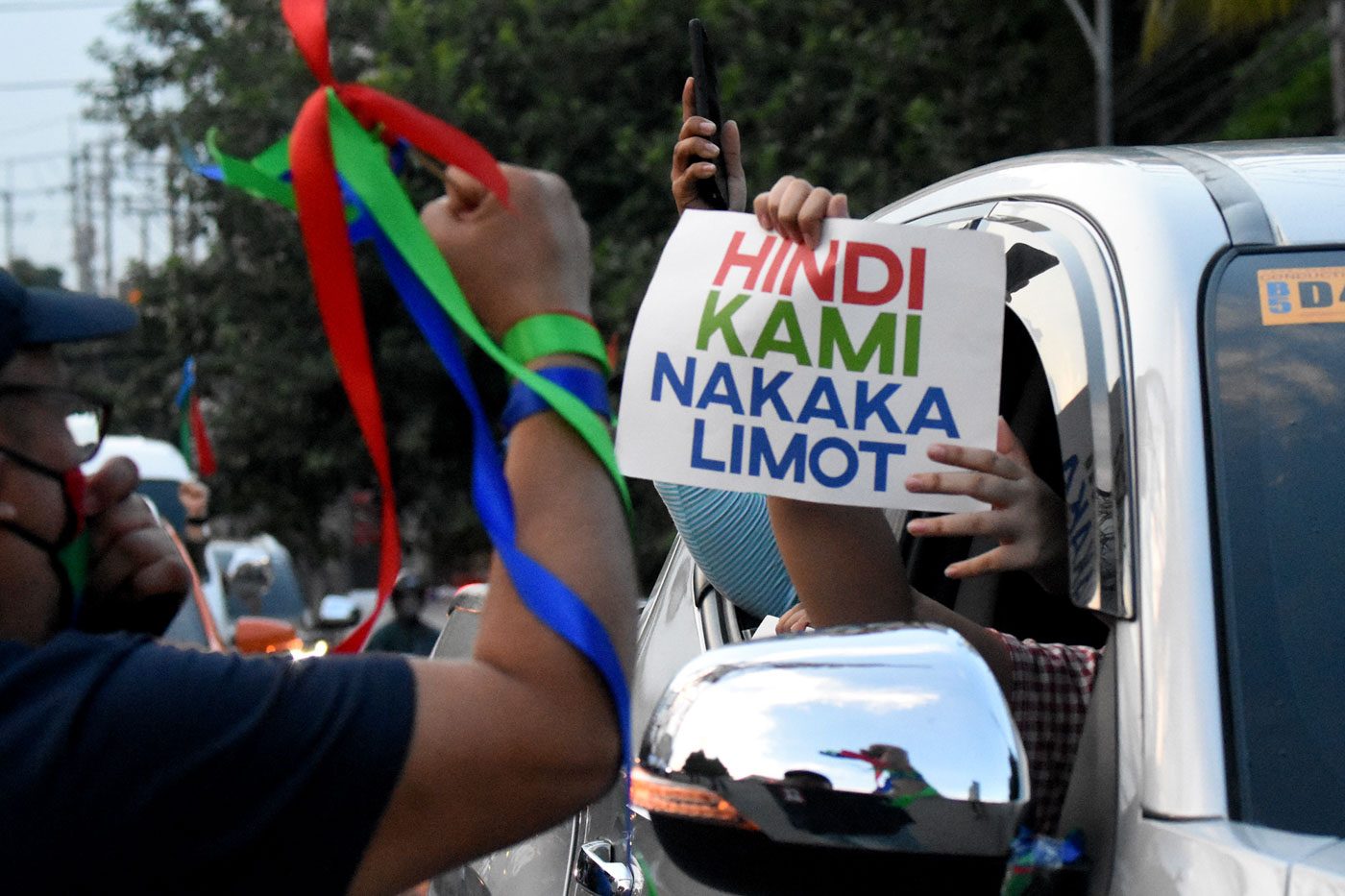
Malacañang, on Thursday, July 16, said the proposal to use ABS-CBN’s frequencies for distance learning during the coronavirus pandemic was a “good idea.”
“It’s a good idea but the decision must be made by Department of Education Secretary [Leonor] Briones and [Prospero De Vera] of CHED (Commission on Higher Education),” said Presidential Spokesperson Harry Roque during a virtual press briefing.
The proposal to use ABS-CBN’s television and radio frequencies came from House Deputy Speaker Luis Raymund “LRay” Villafuerte who issued a resolution for this last Tuesday, July 14.
Villafuerte voted to reject a new franchise for the embattled broadcasting network.
In a Thursday morning CNN Philippines interview, Roque had also expressed openness to the lawmaker’s suggestion but said the decision was also for the National Telecommunications Commission (NTC) to make.
“Well of course, any frequency can be used for distance learning. So, it’s up to the NTC. If the NTC says so, we will respect that because it is a quasi-judicial body,” said Roque.
Pressed by CNN anchor Pinky Webb if the government wants ABS-CBN’s frequencies, Roque said he has “not heard of any proposals” from Briones or De Vera about using them.
However, he said these frequencies are needed if the government is to be successful in its blended learning system for the upcoming school year. The government’s channels may not be enough to support the program.
“Right now, we have [channels] 13, we have 4, but it may not be sufficient because we have K to 12 and there’s also the possibility that some institutions of higher learning may require it because yesterday, Chair Popoy [De Vera] said 40% of public universities and colleges don’t have access to WiFi,” said Roque.
“I would say that frequencies are now crucial for education now, at the time of COVID-19,” the Duterte spokesman continued.
The House panel on legislative franchises rejected ABS-CBN’s application for a new franchise. It went off-air in early May following an NTC order to stop using their frequencies because of the expiration of their previous franchise.
The shutdown and subsequent decision in the House came after repeated threats from President Rodrigo Duterte to block ABS-CBN’s franchise renewal.
‘One-stop-shop’ for laid off ABS-CBN workers
In the same briefing, Roque said he had “good news” for the retrenched employees of ABS-CBN.
“I called up Secretary Bello and he will have a one-stop shop center for NCR (National Capital Region) and ABS-CBN so those who will be retrenched can apply there,” said Roque.
The center would also likely feature a job referral system and a “job fair,” he added.
But Roque clarified that the center is not exclusively for ABS-CBN workers.
“It will be open to everyone, not just for ABS-CBN,” said Roque.
The rejection of a new franchise forced ABS-CBN to begin laying off employees and cutting pay checks of other employees.
The network, the largest in the country, provided livelihood to 11,000 employees and adjunct workers.
Labor groups and opposition lawmakers slammed the House and the administration for closing down the network at a time when unemployment was at an all-time high due to the COVID-19 pandemic. – Rappler.com
Add a comment
How does this make you feel?
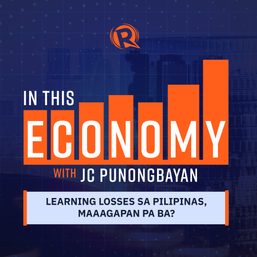
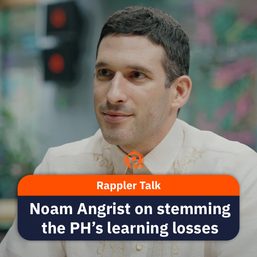
![[EDITORIAL] Ano sana ang takeaway ni Sara Duterte sa firesale ng mga laptops?](https://www.rappler.com/tachyon/2023/05/animated-DEPED-laptop-fiasco-carousel.jpg?resize=257%2C257&crop_strategy=attention)
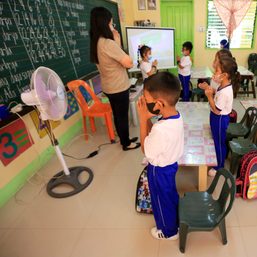
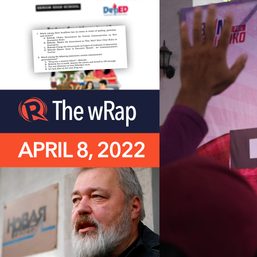
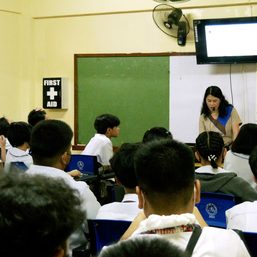
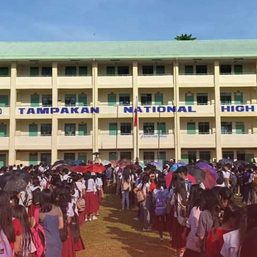

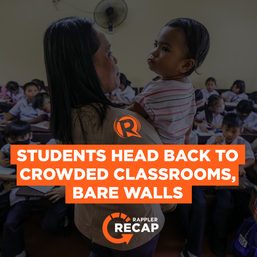
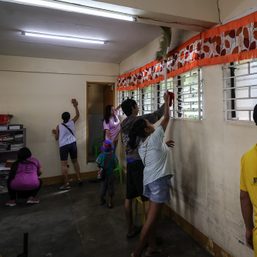
There are no comments yet. Add your comment to start the conversation.